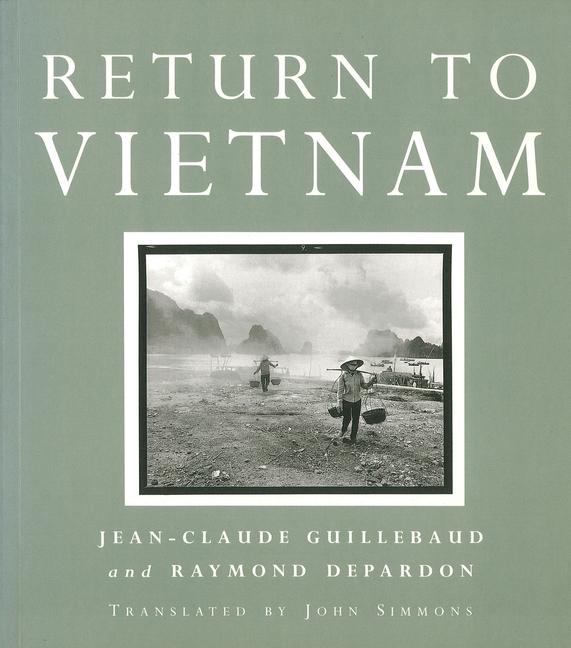Description
In Hanoi they find none of the grim austerity imagined by foreigners, but rather a city of beauty now 'opening' to capitalism partly thanks to the experiences and money orders of workers sent in their thousands to Poland of the GDR. At Khe Sanh, on the bloodiest battlefield of the war, children dig for shrapnel to sell for a cent a kilo; lovers stroll on the beach at De Nang, where the first US troops landed. Loudspeakers in the street still broadcast a litany of production figures, but they are drowned out by Paul Anka and the Everly Brothers. Saigon, the author discover, has easily triumphed over Stalin's murderous economic planning. But it may face a tougher adversary in capitalism, whose grim 'post-communist' program can be found in a single neon sign: "Kenwood-HiFi-Stereo-Night-Club-Karaoke-VIP-Room-Discotheque-Saigon-Pub-Health-Centre-Coffee-Shop."
As rich in political perceptions as it is in memorable images, Return to Vietnam shatters the myths about a country which the West fought over, flattened and forgot.
Product Details
- Nov 17, 1994 Pub Date:
- 086091643X ISBN-10:
- 9780860916437 ISBN-13:
- English Language




